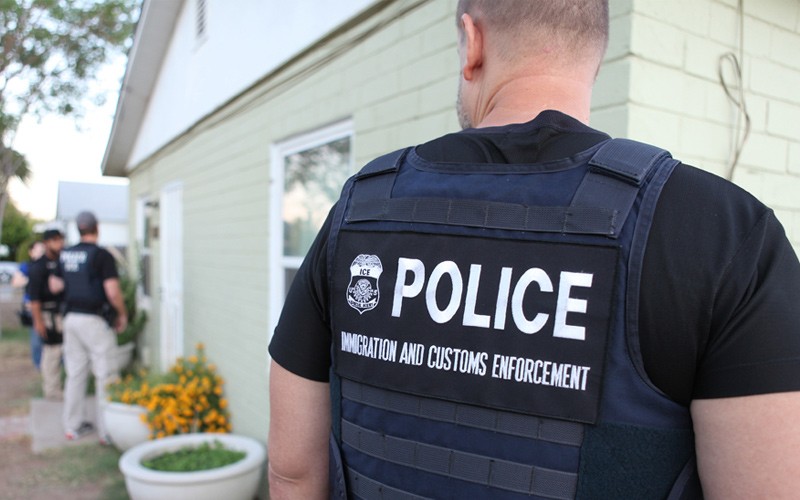My church changed when ICE took one of our own
Shouting against injustice is harder than lamenting it from afar. But it gets easier.

We had read about the undocumented immigrants being arrested in unlikely places all over the country. But last January, when the one taken away was Roby, one of our own congregants—a man who was well liked and well known, a man of deep and sincere faith, a man who for 22 years has been with his family in our church pews every Sunday—something new happened. We changed from being a congregation of peaceful bystanders to becoming a community of active protesters. Myself included. All of a sudden, we woke.
Some folks say our eyes were opened because community activists got involved. These activists knew how to use social media to get the word out about Roby’s arrest. They mobilized the entire town. When we called for a prayer vigil at our church, they helped us rally 600 people to come—a big crowd for a rainy Sunday afternoon in suburbia.
Others say we woke because Roby and his family grew up with us: in church, in school, in our town. They are part of our family. They have a place in our hearts. We support Roby as one of our own, in indignation at the injustice of it all.




